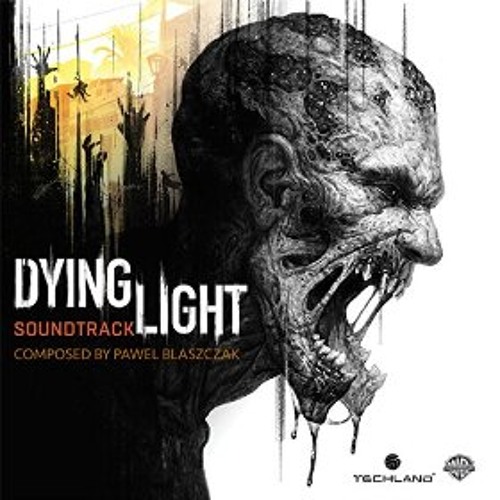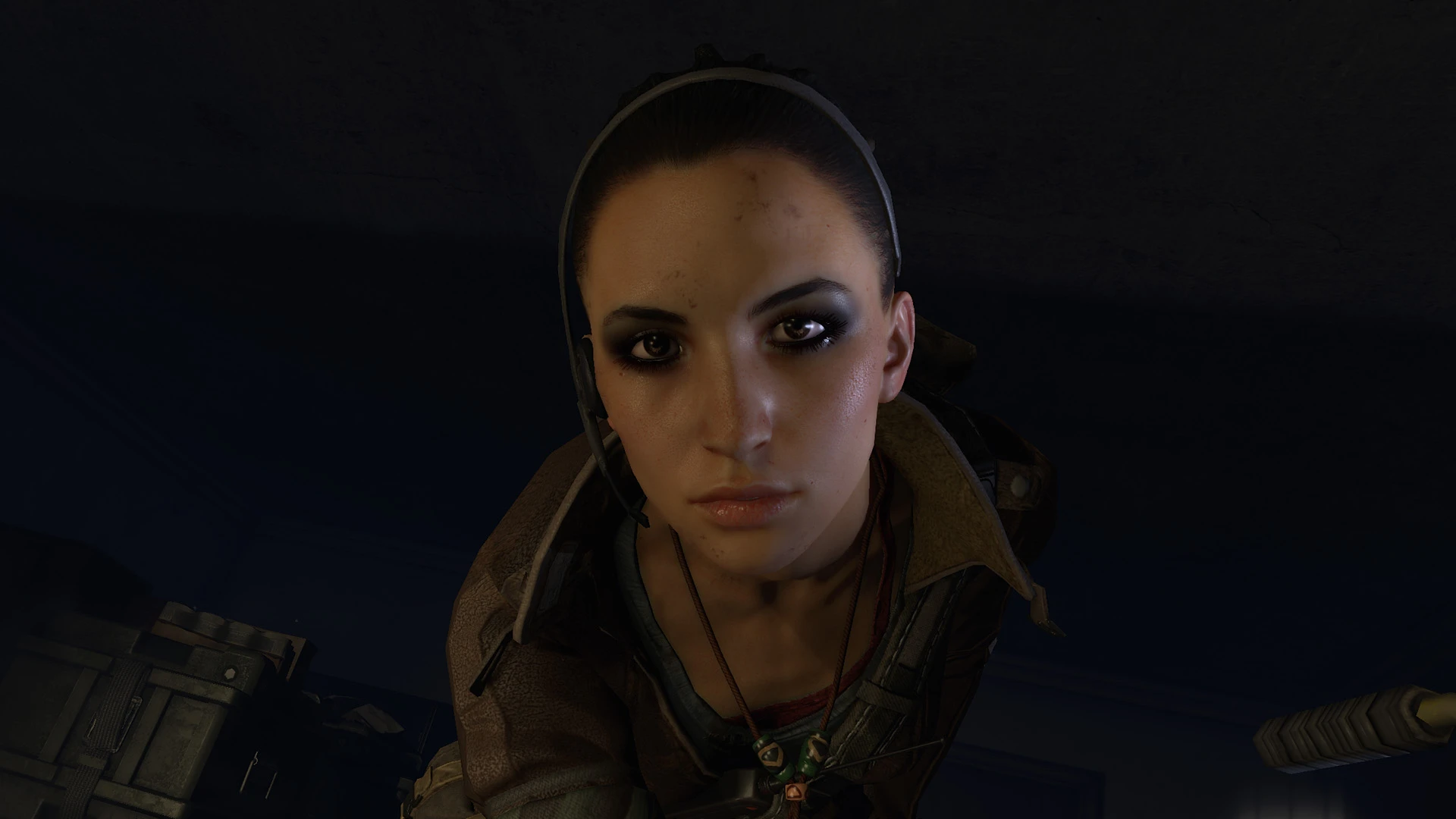

Pitt plays Rick, a young man with a rare skin disease that prohibits him from being in the light, so he goes around wearing head-to-toe leather. As with his other early roles, he comes across as stilted and stiff, not yet used to what the camera requires for a believable performance.Īfter uncredited turns in four films, Pitt’s first starring role in this 1988 Yugoslavian-American production was shelved and not released until the late 1990s. There’s also a hesitancy to his performance that lessens the impact of his charm.Ī staid, flatly shot drama about two brothers on radically different paths Pitt plays the golden boy, a track and field star aiming for a Stanford University scholarship. Pitt’s charisma is evident, but it isn’t enough to flesh out the role or give audiences something to hold onto. Sadly for Pitt, Dwight is a poorly sketched archetype rather than a living, breathing character. In this sloppy high-school slasher flick, Pitt plays Dwight, a basketball star, academic slacker, and jealous boyfriend. It’s too slight a role to be memorable, and it doesn’t ask much of Pitt either.

Happy Together is a mostly forgettable romantic comedy in which Pitt plays Brian, a college student seen at parties and in lead Patrick Dempsey’s acting class. Given these performances, I think he still has so much more to say. Pitt, who has just received an Oscar nomination for Best Supporting Actor, said in a recent New York Times profile that he’d be acting less going forward. Each performance speaks with eloquent precision about masculinity - how it’s shaped this country, its relationship to violence, and how men compartmentalize emotions. I am especially haunted by his work in the latter, which is one of the most piercing depictions of what patriarchal conditioning does to men I’ve ever seen. This awards season alone has seen Pitt do career-best work in two very different performances - from the cocksure grace and bloody violence of Cliff Booth in Once Upon a Time in Hollywood to the tender yearning of Roy McBride in Ad Astra. He’s best at the pitch of contradiction: when his self-possession clashes with his rage, loneliness, and masculinity. But in recent years, Pitt has been doing the most consistently interesting work of his career, in roles when his coolness is pushed to its limits and his characters find they can no longer run from the emotions they’ve kept hidden away. This was more pronounced in the 1990s, when he ricocheted from great works like Kalifornia, as the lurching menace Early Grayce (which Roger Ebert called one of the most “harrowing and convincing performances” he’d ever seen) to straight-up middling work, sporting a wavering accent in The Devil’s Own. What has held him back has been his lack of consistency. He actually doesn’t get enough credit for the way he uses his body as an extension of his face.” His work in Once Upon a Time in Hollywood is being recognized for this very reason: His physicality speaks fully to a character’s history and portrays a remarkable self-possession.
#JADE DYING LIGHT MOVIE#
As Elaine Lui wrote on Lainey Gossip, “As it is with all true Movie Stars, Brad Pitt’s face is a full body experience. Pitt instead has a tremendous understanding and use of his body. He’s also not the kind of actor who tries to prove his mettle by making the labor of acting visible through tortuous realism (Leonardo DiCaprio’s Oscar-nabbing turn in The Revenant) or by obscuring his beauty (Christian Bale, in everything since American Psycho Jake Gyllenhaal in Nightcrawler). In films like 2016’s Allied, he seems bored with playing the stock dashing American hero.

Despite his looks and presence, he makes a poor matinee idol. Pitt is thus one of the few neo-stars whose persona is located in, rather than denied by, his edgier projects.” Indeed, Pitt dazzled in his collaborations with David Fincher as the hotshot young detective in Seven and the enigma Tyler Durden in Fight Club. Seven and Fight Club, by contrast, were huge hits. As Basinger writes, “Many of ‘safer’ choices have actually been among the worst failures of Pitt’s career.

One of the most perceptive insights into his work comes at the end of Jeanine Basinger’s trenchant book, The Star Machine. Pitt’s decisions as an actor betray a curiosity I’ve always found admirable. But is he a great actor? This question is trickier to answer because of the scope of his career and how subtle his best work can be. He’s the kind of movie star that has become increasingly rare - larger than life, assured, contradictory, physically mesmerizing, with a strong understanding of the power of persona. He has an enviable coolness that snakes through his work onscreen, most recently used to great effect in Quentin Tarantino’s Once Upon a Time in Hollywood. Photo-Illustration: Vulture and Courtesy of Studiosīrad Pitt is undeniably a great movie star.


 0 kommentar(er)
0 kommentar(er)
